
|
|
The Opening of Psalm 1 in the Windmill Psalter London 1270-1280
|
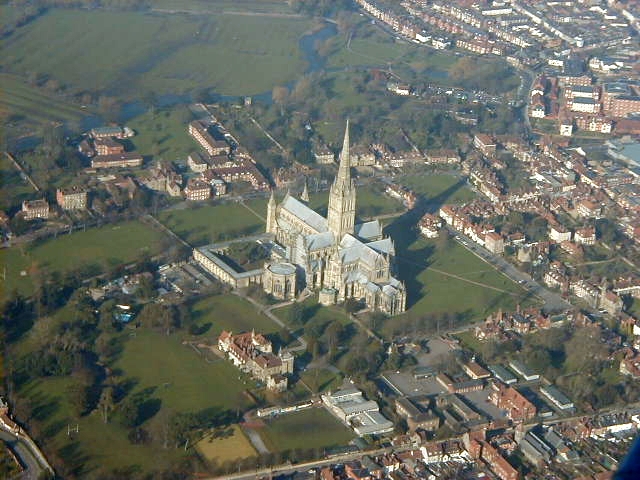
|
|
Salisbury Cathedral English Church 1220-1258
|

|
|
Dormition of the Virgin
|

|
|
Sculpture of St. Maurice Magdeburg Cathedral, Magdeburg, Germany 1240-1250
|

|
|
Ekkehard and Uta Naumburg Cathedral, Germany 1245-1260
|
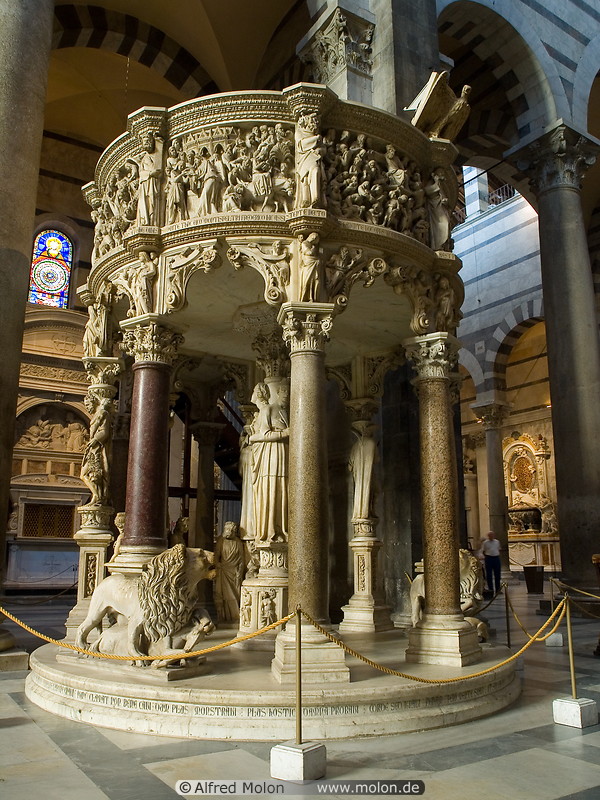
|
|
Pulpit in Pisa Cathedral Nicola Pisano Baptistery, Pisa, Italy 1260
|

|
|
Nativity Giovanni Pisano Detail of pulpit, Cathedral, Pisa 1302-1310
|
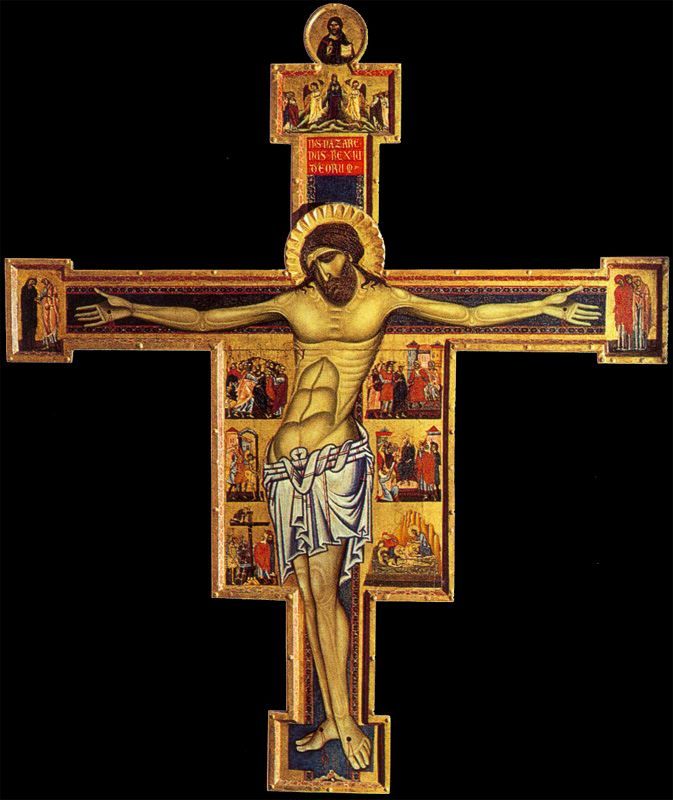
|
|
Crucifix Coppo di Marcovaldo, Franciscan convent in San Gimignano, Italy 1250-1270
|

|
|
Enthroned Christ with Saints, from the Strozzi Altarpiece Strozzi Chapel, Santa Maria Novella, Florence 1354-1357
|

|
|
Dome of Florence Cathedral (Santa Maria Del Fiore) Filippo Brunelleschi 1420-1436
|

|
|
Virgin and Child Enthroned Giotto di Bondone, Florence 1305-1310
|

|
|
Scrovegni (Arena) Chapel Giotto di Bondone 1305-1306
|

|
|
Visperbild (Pieta) From the middle rhine region, Germany 1330
|

|
|
St. Luke Master Theodoric, Holy Cross Chapel near Prague 1360-1364
|

|
|
The Ghent Altarpiece, Anunciation with donors Jan and Hubert Van Eyck Brothers 1432
|

|
|
January, the Duke of Berry at Table. Tres Riches Heures Paul, Herman, and Jean Limbourg 1411-1416 Chantilly, France
|
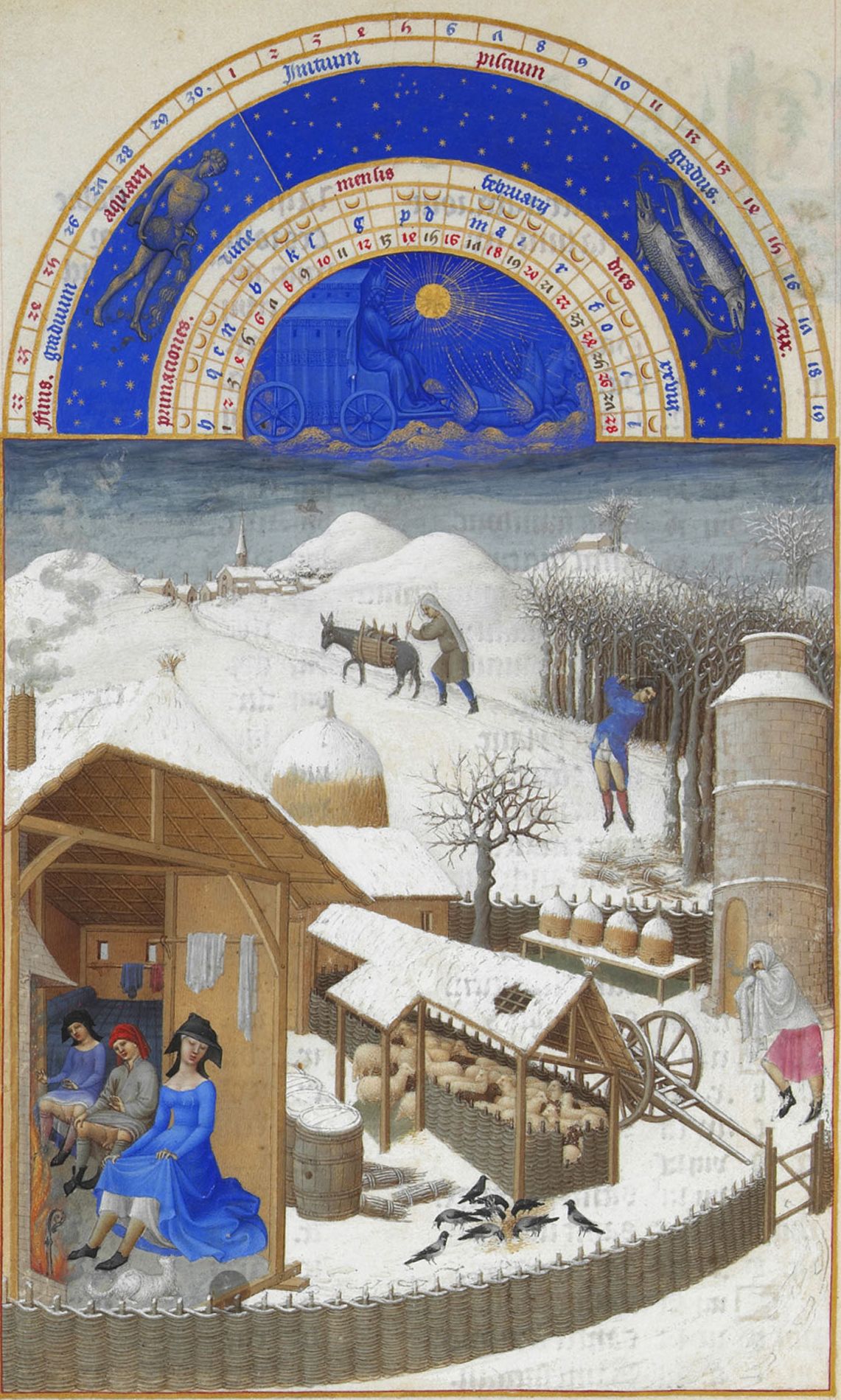
|
|
February, Life in the Country. Tres Riches Heures Paul, Herman, and Jean Limbourg 1411-1416 Chantilly, France
|
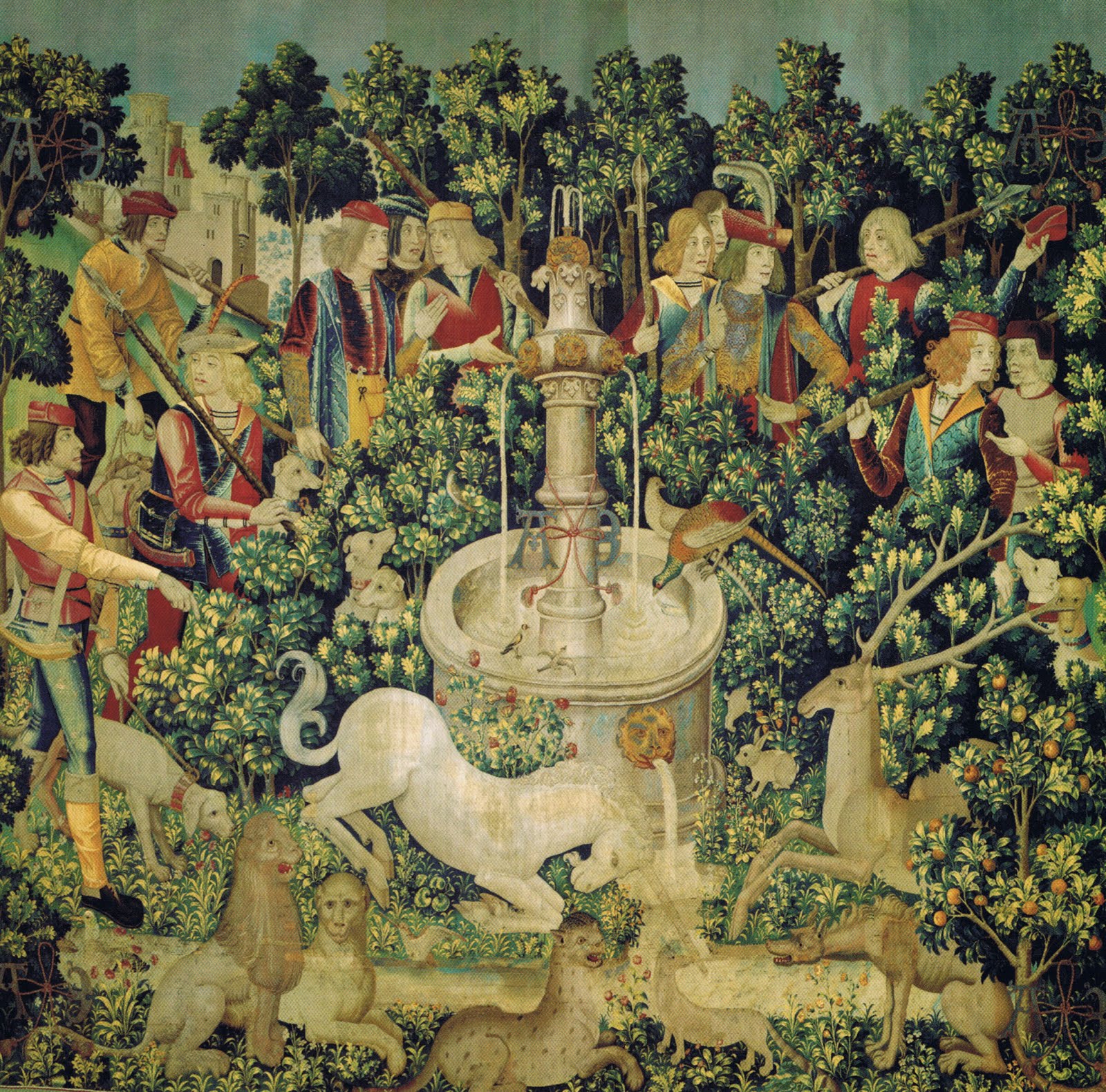
|
|
Unicorn is Found at the Fountain From the Hunt of the Unicorn tapestry series 1495-1505
|

|
|
Merode Altarpiece (Triptych of the Annunciation) Workshop of the Master of Flemalle 1425-1430s
|
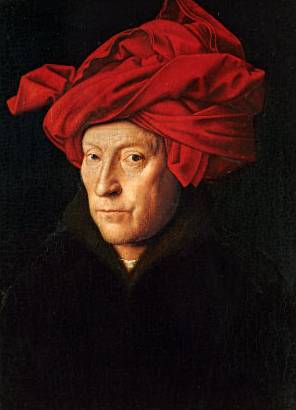
|
|
Man in a Red Turban Jan van Eyck 1433
|

|
|
Double Portrait of A Giovanni Arnolfini and his Wife Jan van Eyck 1434
|

|
|
Lady with a White Veil Van der Weydon 1455
|

|
|
Trinity with the Virgin, St. John, and Donors Masaccio 1425-1428
|